Ex-Shell Executive Bayo Ojulari Appointed to Overhaul Nigeria's Troubled Oil Sector
President Tinubu taps industry veteran to lead sweeping reforms at state-owned NNPC, aiming to combat corruption, boost oil output, and revive public trust in Africa’s largest oil exporter.
Nigeria’s President Bola Tinubu has appointed Bayo Ojulari, a former senior executive at Shell, to lead a major transformation of the Nigerian National Petroleum Company (NNPC). The move comes as part of a broader strategy to address long-standing issues in the nation’s vital oil sector, including corruption, environmental damage, and chronic inefficiency.
Announcing the decision on Wednesday, the presidency described Ojulari’s appointment as a "crucial" step in a complete overhaul of the NNPC’s leadership structure. The entire board has been replaced in an effort to reposition the state-run oil firm as a more transparent and productive institution.
Nigeria, the continent’s top oil producer, has seen its economy rocked by a series of shocks during Tinubu's time in office. Spiraling food and fuel costs have intensified public frustration, while oil production has plummeted to under one million barrels per day in 2023, according to AFP.
The government has set ambitious targets to turn things around—aiming to double output to two million barrels per day by 2027 and reach three million barrels daily by 2030. Increasing refining capacity and reducing dependency on imports are also key priorities.
Tasked with leading this ambitious transformation, Mr. Ojulari succeeds former NNPC head Mele Kyari. Ojulari brings more than three decades of global oil industry experience to the role. He began his career at Shell Nigeria in 1991 and held various positions across Europe and the Middle East. He eventually became Shell’s Managing Director in Nigeria, a position he held for six years before departing in 2021.
Following his time at Shell, Ojulari served at BAT Advisory and Energy Company before moving to Renaissance Africa Energy Company in 2024.
In addition to reviving oil production, Ojulari will also face the challenge of reshaping the NNPC’s public image, which has long been associated with mismanagement and lack of transparency. For years, large portions of the company's revenue failed to reach Nigeria’s treasury, and it was only in recent years that the NNPC began publishing its financial accounts.
The company is also battling financial woes, having acknowledged last September that it carries around $6 billion in debt.
Ojulari’s appointment signals Tinubu’s intent to not only reform the NNPC but to use the oil sector as a lever for broader economic growth. Whether this bold reshuffle will deliver tangible results remains to be seen—but with Ojulari at the helm, the government hopes a new era is on the horizon.

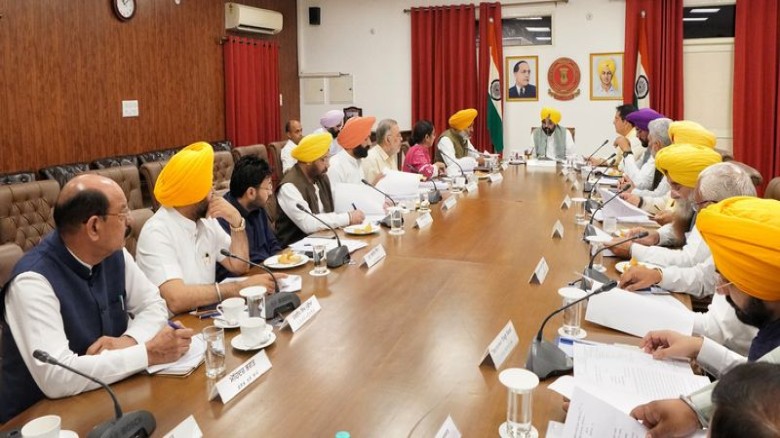
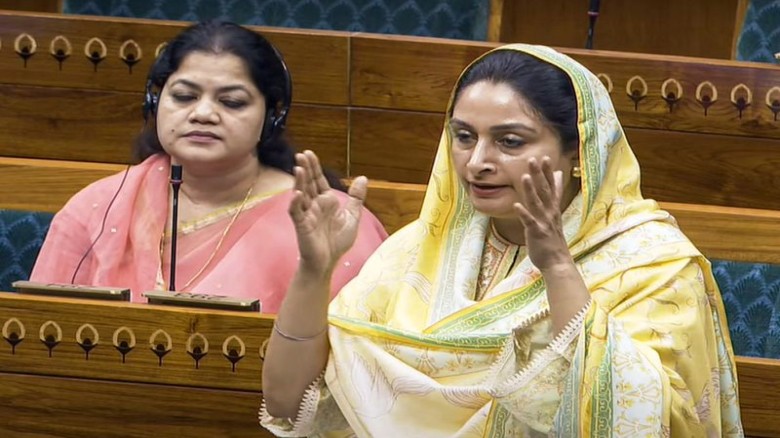






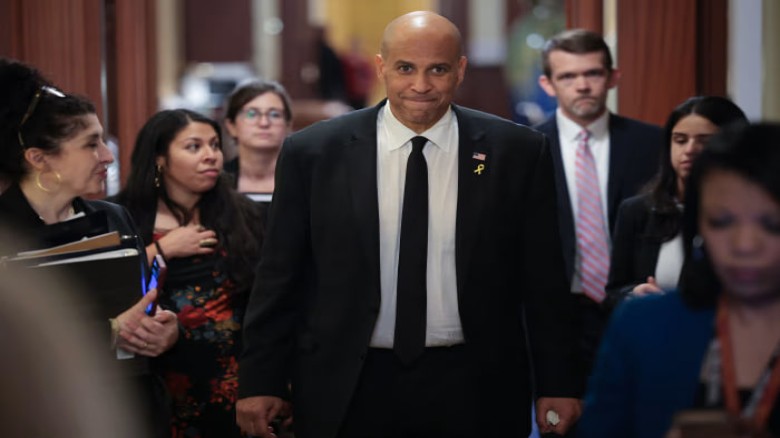




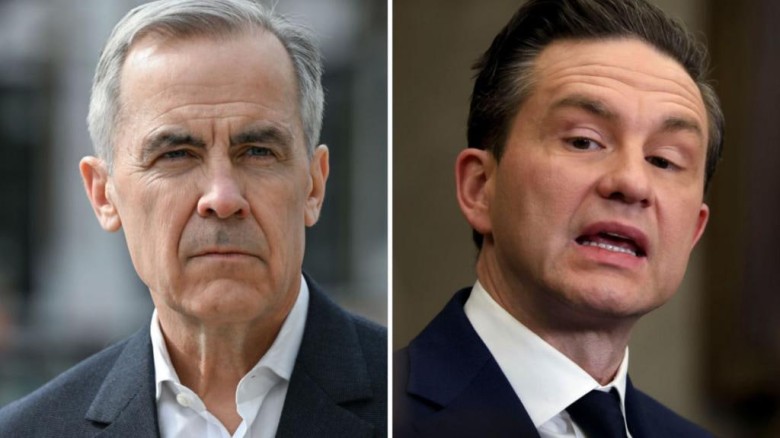
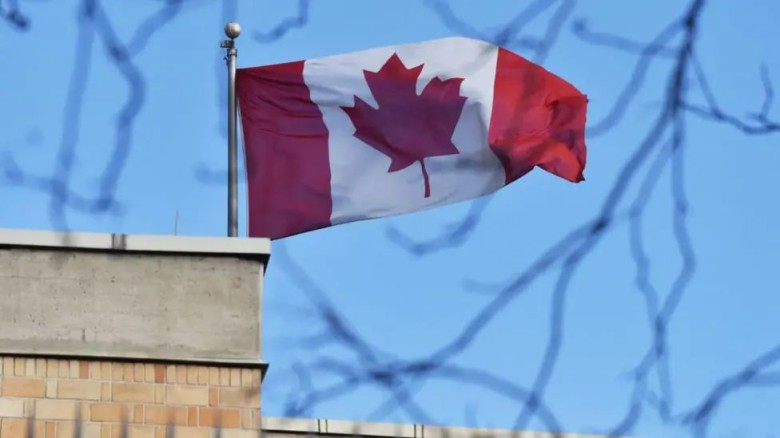
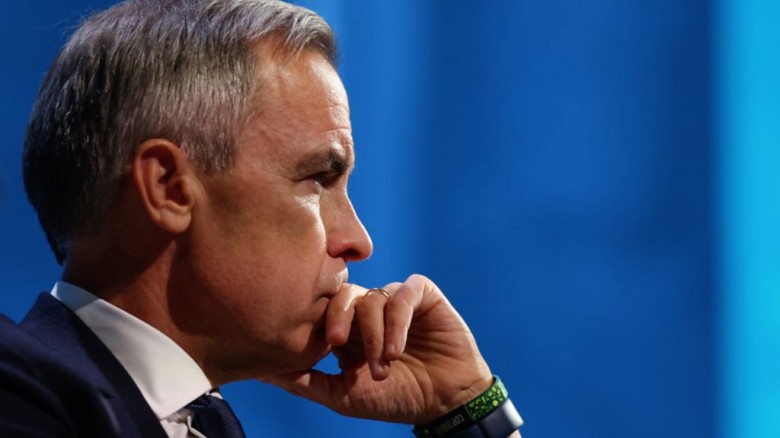

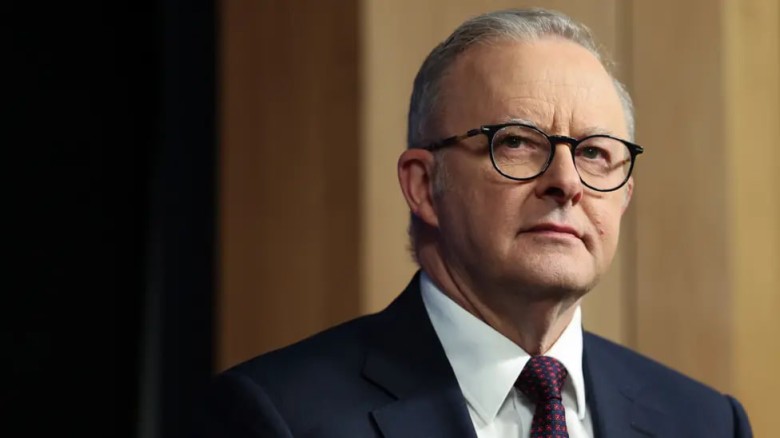





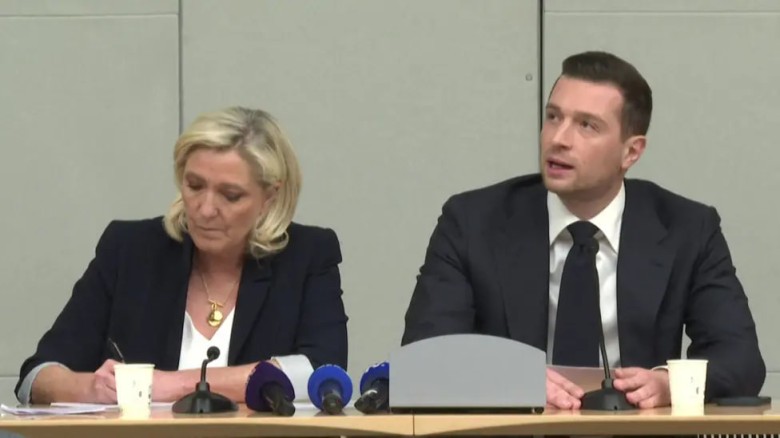

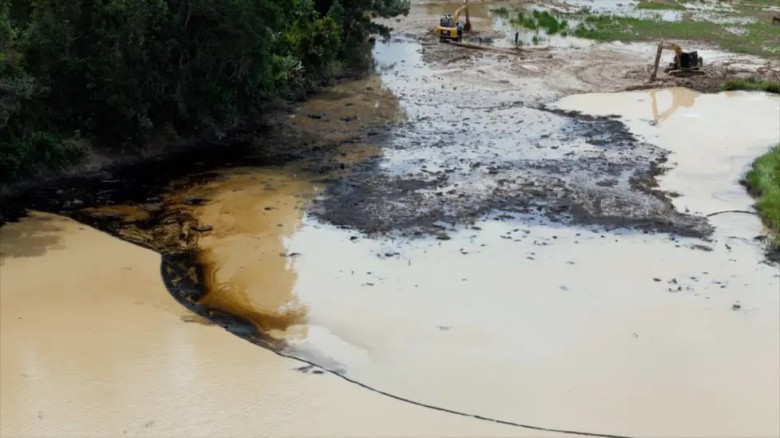







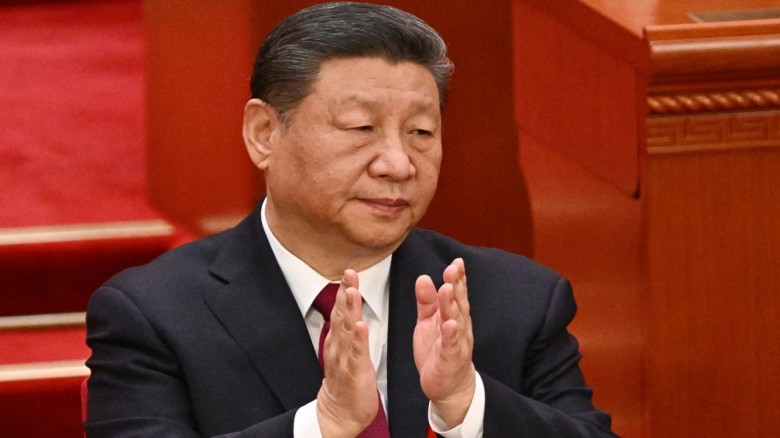
































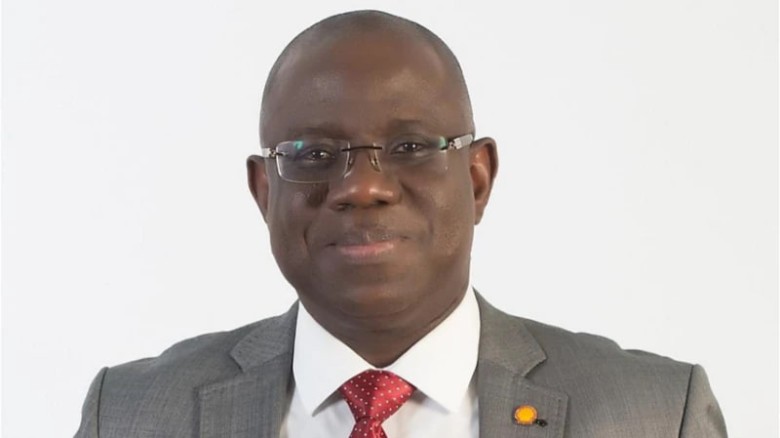


Leave A Comment